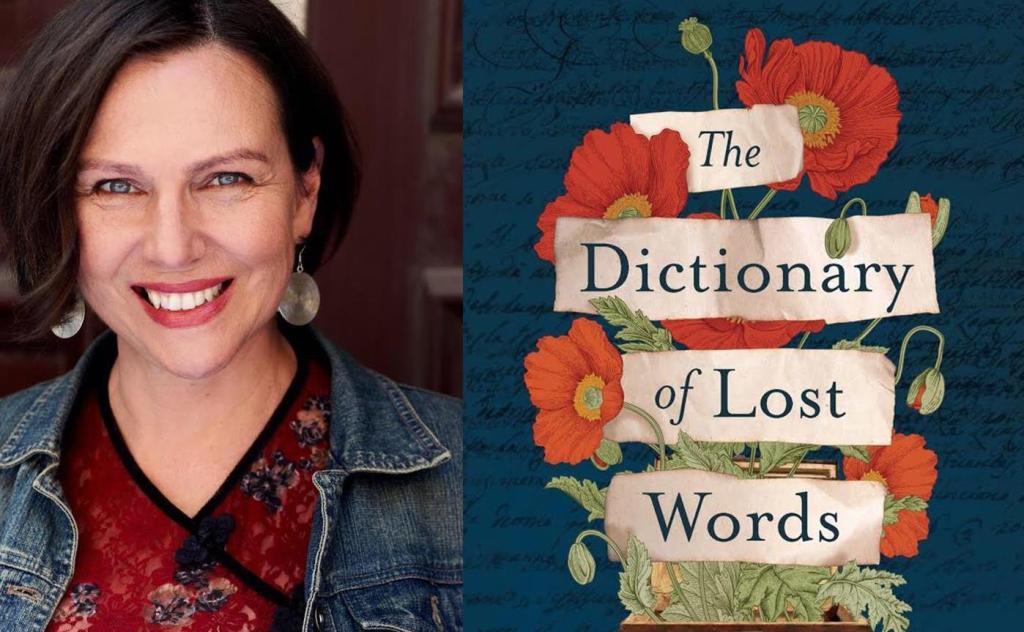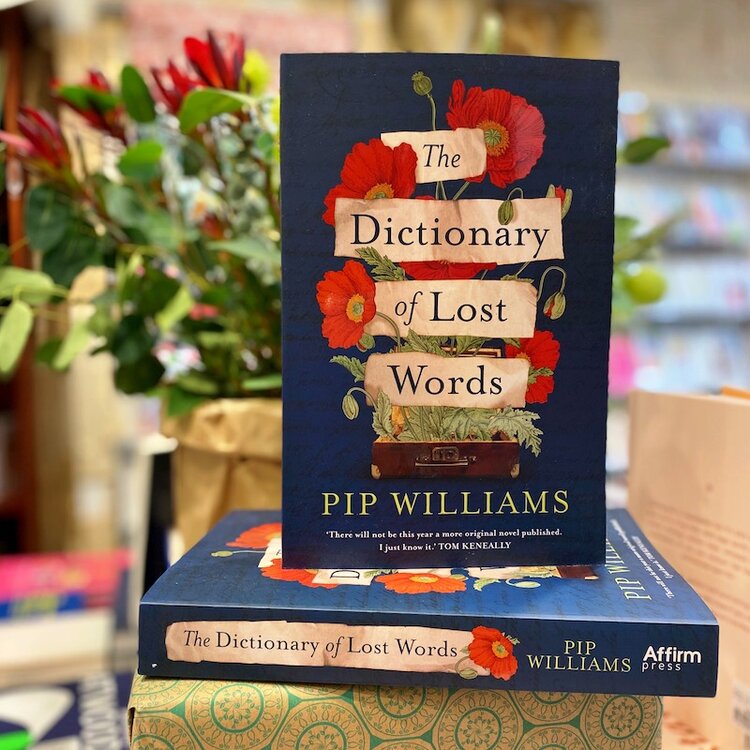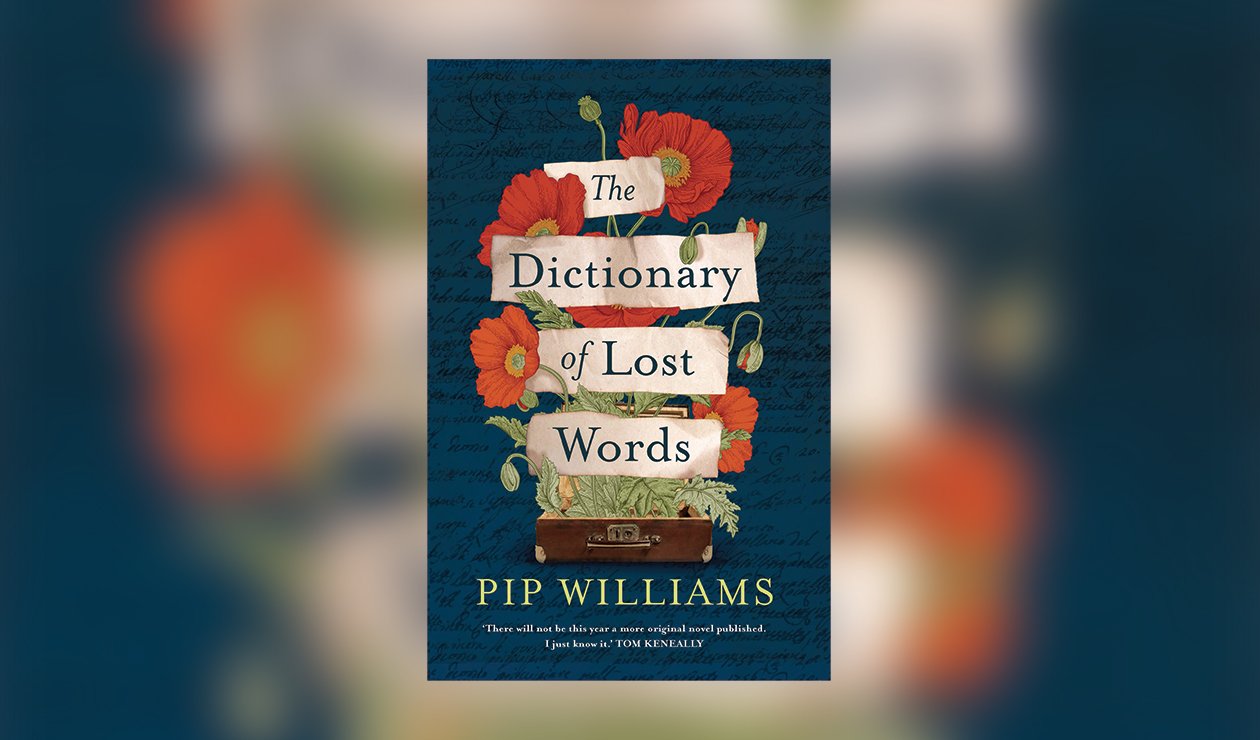The Dictionary Of Lost Words is one of the most astounding books that I have encountered. It is the debut novel by Australian writer Pip Williams, and I have re-read this unique and wonderful book at least twice by now.
The novel packs an enchanting tale of love, loss and the power of language, of what gets recorded and what is forgotten. The story is set in the 19th century, a time when women’s voices were invisible and struggling to be heard. It makes one wonder how history is often skewed by those who hold power and how important it is for everyone’s stories to be told to set the record straight.
In 1901, a concerned citizen sent a letter to the men compiling words for the first Oxford Dictionary to let them know that there was a word that they had missed – Bondmaid. A Bondmaid is a young woman bound to serve until her death. In 1857 the Unregistered Words Committee of the philological society of London found that Britain needed a successor to Samuel Johnson’s 1755 dictionary. It had taken forty years for the first volume of words beginning with the letters A and B to be published and now, it was brought to their attention that they had forgotten a word.
When the author Pip Williams heard this story, she made it her premise for The Dictionary Of Lost Words, weaving a wonderful tale of a young girl called Esme. Esme lives with her loving father she calls “Da”, a lexicographer who works with the men at the scriptorium collecting words to compile for the first Oxford Dictionary.
Young Esme once hides underneath the tables of the Scriptorium or “Scrippy”, the Oxford Garden Shed where the dictionary is compiled. She picks up word Bondmaid when it falls to the floor.
Pip Williams crafts a timeless coming of age story set in a time when the British society was experiencing the twilight of the Victorian era and the dawn of a newer and much more liberal 20th century. At a time when the Suffragette movement in Britain had taken the entire country by storm, The Dictionary Of Lost Words documents history from the point of view of a woman who collects words that ordinary people and women use, words that would be forgotten forever because they were not important enough to be included in a dictionary

The story is woven well into the real life context of the 19th century. The characters surround the publishing of the first edition of the Oxford English Dictionary, a historical feat spanning the latter half of the 19th century which achieved completion in 1928, seventy one years after its inception.
Through Esme Nicholls, we live through history, as a witness. Pip Williams crafts a timeless coming of age story set in a time when the British society was experiencing the twilight of the Victorian era and the dawn of a newer and much more liberal 20th century. At a time when the Suffragette movement in Britain had taken the entire country by storm, The Dictionary Of Lost Words documents history from the point of view of a woman who collects words that ordinary people and women use, words that would be forgotten forever because they were not important enough to be included in a dictionary.
Also read: Who’s Next?: Decoding The Reasons Behind The Lack Of Female Detectives In Literature
As an only child who lost her mother before we are introduced to her, Esme is raised by her loving ‘Da’, a lexicographer employed by Dr. Murray in pursuit of defining and compiling the words to be included in the first edition of the Oxford English Dictionary. Esme spends much of her childhood playing underneath the sorting table where the lexicographers gather, sort and compile words in readiness for publication.
The story begins with Esme’s daring feat of seizing a word that drifts off the sorting table – bondmaid. She feels the word is abandoned and decides that it must be given love and acknowledgement. She stores it in a trunk in the room of her friend Lizzie, who is a young servant working for the Murray family.

Esme begins collecting words from everywhere, hiding them in a trunk in Lizzie’s room which she titles The Dictionary Of Lost Words. She soon has a trunk full of words that she collects from the market place (Knackered, Latchkeyed, Cunt, Fuck and Dollymop). As Williams writes the novel, there are two questions she asks: Do words mean different things to men and women? And if they do, is it possible that we have lost some words in the process of defining and documenting them?
From the local suffragettes, Esme learns that ‘sisters‘ can also mean comrades. She also ponders over the definition of ‘Mother‘ as defined by the dictionary. She looks at her father who has been both a mother and father to her, and questions the meaning -whether it excludes a woman whose child is stillborn, a woman who has given her baby up for adoption, or a woman whose child has died.
Esme’s life purpose unfolds with a desire to ensure that all words, no matter how insignificant they may appear to the world of men, are written down, defined and recorded for posterity. In her quest to find, clarify and document these less ‘desirable’ words, Esme gains a greater understanding of herself and the world around her, including the experiences of the members of the suffrage movement and the social climate during the early years of World War I.
The Dictionary Of Lost Words makes you look back at language with nostalgia and makes you wonder about the words that one uses, what they mean to oneself and to others. Swear words that mostly mean vagina or intercourse are often used as expletives. A beautiful scene between Lizzie and Esme in which Lizzie says “Everything I do gets eaten or dirtied or burned. At the end of the day there’s no proof I’ve been here at all,” is in essence, the heart of the story

I fell in love with Esme and her story. Her traits and experiences make her an extremely relatable character. The way in which Pip Williams has detailed the growth of the relationship between Esme and her words is skillful. Starting with the innocent intentions of a child who ordinarily collects and loves wounded and broken dolls, Esme transforms to collecting forgotten and misunderstood words. This marks her coming of age into a young woman whose quest for words helps her define and better experience the physical and mental changes that accompany the metamorphosis into adulthood.
The Dictionary Of Lost Words makes you look back at language with nostalgia and makes you wonder about the words that one uses, what they mean to oneself and to others. Swear words that mostly mean vagina or intercourse are often used as expletives. A beautiful scene between Lizzie and Esme in which Lizzie says “Everything I do gets eaten or dirtied or burned. At the end of the day there’s no proof I’ve been here at all,” is in essence, the heart of the story. It is Lizzie who assures Esme of the relevance of “bondmaid” and provides its definition.
As I came to the end of this brilliant novel, I couldn’t help but imagine the collected words as a blanket of comfort and guidance for Esme in lieu of her missing mother, how her father and she have a bond that itself is tied to words and the word games they play. Through Esme’s first person narration, William Pips uses letters between characters and edited dictionary definitions to provide the readers with other details and broader insights which enable both readers and characters in the book to learn as much from what is said between the lines, as through the lines.
The Dictionary Of Lost Words is a brilliant book about women and words that pulls the heartstrings, tender and profound. A touching and thought provoking novel that left me in tears, this is a feministic book unlike any other, that has made a home for itself in my heart.
Also read: Book Review | Ain’t I A Woman: Black Women & Feminism By bell hooks
Featured Image Source: In Daily
About the author(s)
Zeba Vagh is pursuing her degree in screen writing from Whistling Woods Mumbai International. An aspiring writer, her work has been published with the Live Wire. She can be found on Instagram.





Well written would definitely read this book after reading the review.
Thank you